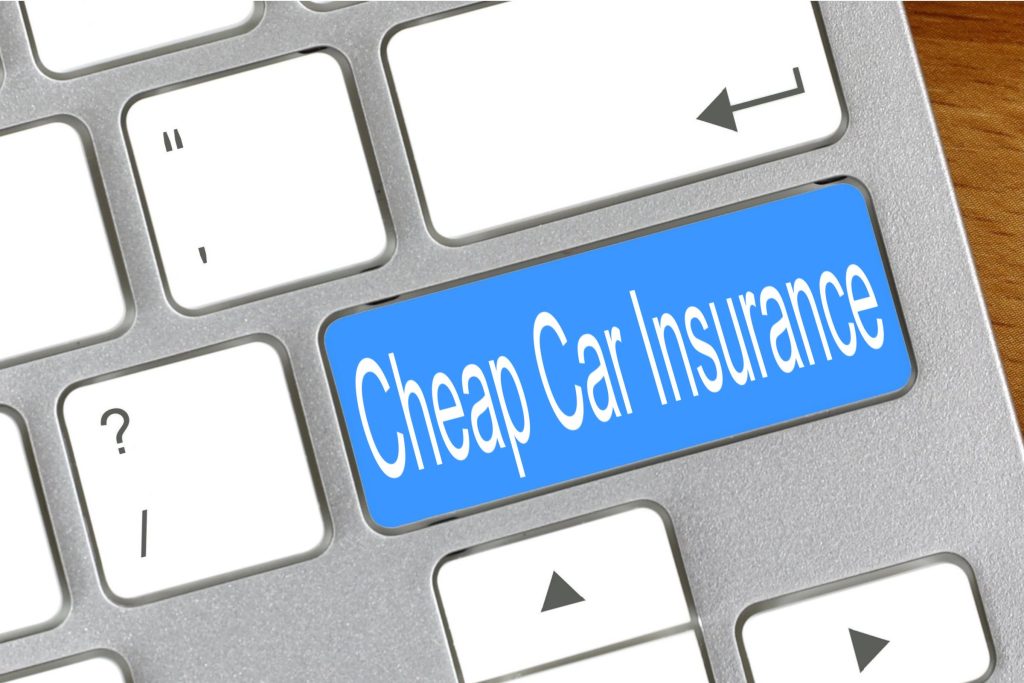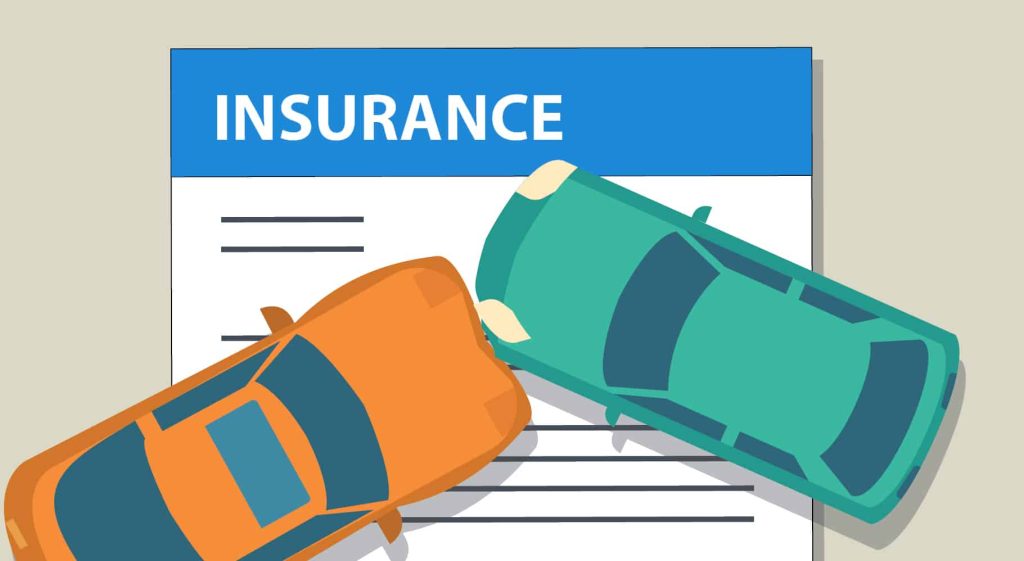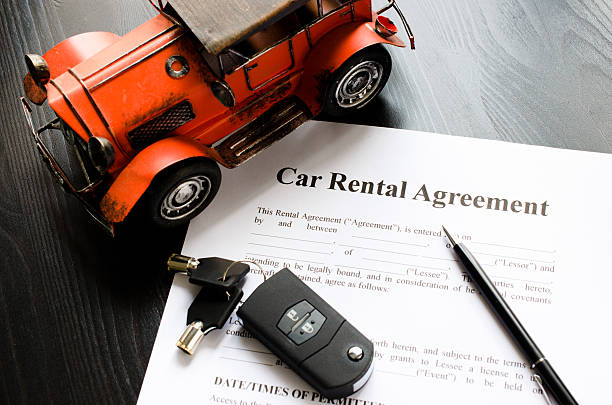In the modern landscape of auto insurance, direct car insurance has emerged as a popular and convenient option for many drivers. Unlike traditional methods, where insurance is often purchased through agents or brokers, direct car insurance allows consumers to obtain quotes and purchase policies directly from insurance companies. This approach offers various benefits, including potential cost savings, greater control over coverage choices, and streamlined processes. In this comprehensive guide, we will delve into the intricacies of direct car insurance quotes, exploring how they work, their advantages, the factors influencing quotes, and practical steps to effectively navigate this process.
What is Direct Car Insurance?
Direct car insurance refers to a model where consumers obtain insurance coverage directly from an insurance company without the involvement of an intermediary, such as an insurance agent or broker. This approach allows customers to interact with the insurer directly, managing their policy details, making changes, and handling claims through the company’s online platforms or customer service departments.
The direct insurance model is facilitated primarily through the insurer’s website or a mobile app. Consumers can receive quotes, compare coverage options, and purchase policies without the need for face-to-face meetings or phone consultations with agents. This method simplifies the process and often results in a more straightforward and efficient experience.
One of the primary benefits of direct car insurance is the potential for cost savings. By eliminating the commission fees and administrative costs associated with intermediaries, insurance companies can often offer lower premiums to customers who purchase policies directly. Additionally, the streamlined process can lead to faster service and more convenient access to policy management tools.
The Advantages of Quote Direct Car Insurance
1. Cost Savings
One of the most significant advantages of direct car insurance is the potential for cost savings. Traditional insurance models often involve agents or brokers who earn commissions for their services. These commissions can contribute to higher premiums for consumers. By purchasing insurance directly from the insurer, you can bypass these intermediary costs and potentially receive lower premiums.
Direct car insurance providers frequently offer competitive pricing because they handle the entire process in-house, reducing overhead expenses. Additionally, many direct insurers offer discounts for various factors, such as safe driving records, bundling multiple policies, or having certain safety features in your vehicle. These discounts can further enhance the savings on your insurance premiums.
2. Greater Control and Transparency
Direct car insurance provides consumers with greater control over their insurance policies. When you interact directly with the insurer, you have access to all the relevant information and options at your fingertips. This allows you to make informed decisions about your coverage, adjust policy details, and manage your account according to your preferences.
Transparency is another benefit of direct car insurance. You can easily compare coverage options and premiums on the insurer’s website, ensuring that you fully understand what you’re paying for. There are no middlemen involved, so you can directly review policy terms, coverage limits, and any additional features or exclusions. This clarity helps you make better decisions about your insurance needs.
3. Convenience and Efficiency
The convenience of direct car insurance is a significant advantage for many consumers. The entire process, from obtaining quotes to purchasing and managing your policy, can be handled online or through a mobile app. This eliminates the need for in-person meetings or phone calls, saving you time and making it easier to handle your insurance needs on your schedule.
Additionally, direct car insurance companies often offer 24/7 customer support and online tools for managing your policy. This means you can access your policy details, file claims, and request changes at any time, without having to wait for office hours or schedule appointments. The efficiency of direct insurance can lead to quicker responses and resolutions for any issues that arise.
Factors Influencing Quote Direct Car Insurance

Several factors influence the quotes you receive for direct car insurance. Understanding these factors can help you make informed decisions and potentially lower your insurance costs.
1. Vehicle Information
The type of vehicle you drive plays a significant role in determining your insurance premium. Factors such as the make, model, year, and safety features of your vehicle can impact the cost of coverage. High-performance or luxury vehicles often attract higher premiums due to their increased risk of theft or higher repair costs.
Insurance companies also consider the vehicle’s safety rating and anti-theft features. Vehicles equipped with advanced safety systems or anti-theft devices may qualify for discounts, which can lower your premium. Providing accurate and detailed information about your vehicle ensures that you receive an accurate quote.
2. Driving History
Your driving history is a critical factor in determining your insurance premium. Insurers assess your driving record to evaluate the risk you pose as a driver. A clean driving record with few or no claims or traffic violations typically results in lower premiums, as it indicates a lower risk of accidents.
Conversely, a history of accidents or traffic violations can lead to higher premiums. Insurers view drivers with a record of claims or violations as higher-risk, which can increase the cost of coverage. Maintaining a good driving record and avoiding accidents can help you secure more favorable rates.
3. Location
Where you live can significantly impact your car insurance premium. Insurance companies consider the geographic area’s risk factors, such as traffic density, crime rates, and weather conditions. Urban areas with higher traffic volumes and crime rates may result in higher premiums compared to rural areas.
Additionally, local weather conditions can affect your premium. Regions prone to severe weather events, such as hurricanes, hailstorms, or heavy snowfall, may have higher premiums due to the increased risk of damage. Providing accurate information about your location helps insurers assess the risk associated with your area and offer a more accurate quote.
4. Coverage Levels and Deductibles
The type and amount of coverage you choose for your vehicle can impact your insurance premium. Basic coverage options, such as liability insurance, are typically less expensive than comprehensive or collision coverage. Opting for higher coverage limits or additional features, such as roadside assistance or rental car coverage, can increase the cost of your premium.
Deductibles also play a role in determining your premium. A higher deductible generally results in a lower premium, as you agree to pay more out of pocket in the event of a claim. Conversely, a lower deductible can increase your premium but reduce your out-of-pocket expenses when filing a claim. Choosing the right balance between coverage levels and deductibles is essential for finding a policy that fits your needs and budget.
5. Discounts
Direct car insurance providers often offer a range of discounts that can help reduce your premium. Common discounts include those for safe driving, bundling multiple policies (e.g., home and auto insurance), having anti-theft devices, or completing defensive driving courses. Inquiring about available discounts and ensuring that you qualify for them can lead to significant savings on your insurance premium.
How to Obtain and Compare Quote Direct Car Insurance
Obtaining and comparing direct car insurance quotes involves several steps to ensure that you find the best policy for your needs. Here’s a step-by-step guide to help you through the process:
1. Gather Information
Before requesting quotes, gather all the necessary information about your vehicle and driving history. This includes details such as the make, model, year, VIN, and mileage of your vehicle, as well as your driving record and personal information. Having this information ready will help you obtain accurate quotes and streamline the process.
2. Research Insurance Providers
Identify direct car insurance providers that operate in your area. Many insurers offer direct policies, and researching their offerings can help you find options that suit your needs. Look for providers with strong reputations, positive customer reviews, and a range of coverage options.
3. Request Quotes
Visit the insurance provider’s website or mobile app to request quotes. Provide the necessary information about your vehicle and driving history to receive accurate quotes. Most direct insurers offer online tools that allow you to customize your coverage and see how different options impact your premium.
4. Compare Quotes
Once you have obtained quotes from multiple providers, compare them based on coverage options, costs, and discounts. Pay attention to the details of each policy, including coverage limits, deductibles, and any additional features or exclusions. Evaluating these factors will help you determine which policy offers the best value.
5. Review Customer Service and Support
Consider the level of customer service and support provided by each insurer. Look for reviews or feedback from other customers to gauge their experiences with the company. Good customer service can make a significant difference in your overall satisfaction with your insurance policy.
6. Finalize Your Policy
After comparing quotes and evaluating customer service, choose the policy that best meets your needs and budget. Complete the purchase process through the insurer’s website or app, and make sure to review your policy documents carefully. Confirm that all the information is accurate and that you understand the terms and conditions of your coverage.
Common Pitfalls to Avoid Quote Direct Car Insurance
When navigating direct car insurance quotes, be aware of common pitfalls that can impact your coverage and costs. Here are some mistakes to avoid:
1. Overlooking Coverage Needs
Focusing solely on cost can lead to inadequate coverage. Ensure that your policy provides the necessary coverage for your vehicle and driving habits. Avoid skimping on essential coverage, as this can result in significant out-of-pocket expenses in the event of a claim.
2. Ignoring Discounts
Many direct insurers offer discounts that can help reduce your premium. Make sure to inquire about available discounts and take advantage of those for which you qualify. This can lead to substantial savings and ensure you get the best value for your insurance policy.
3. Neglecting to Compare Quotes
Failing to compare quotes from multiple providers can result in missing out on better rates or coverage options. Take the time to gather and compare quotes to ensure you’re getting the most competitive pricing and the coverage that best meets your needs.
4. Not Reviewing Policy Terms
Before finalizing your policy, carefully review the terms and conditions. Ensure that you understand the coverage limits, deductibles, exclusions, and any additional features or benefits. This will help you avoid unexpected surprises and ensure that your policy meets your expectations.
5. Forgetting to Update Information
If you make changes to your vehicle or driving habits, update your insurance policy accordingly. Failing to provide accurate and up-to-date information can impact your coverage and premium. Regularly review and update your policy to reflect any changes in your circumstances.
Conclusion
Direct car insurance offers a streamlined and potentially cost-effective approach to obtaining coverage. By purchasing insurance directly from the insurer, you can benefit from lower premiums, greater control over your policy, and enhanced convenience. Understanding the factors that influence direct car insurance quotes, such as vehicle information, driving history, location, coverage levels, and discounts, is crucial for finding the best policy for your needs.
To make the most of direct car insurance, gather accurate information, research providers, request and compare quotes, and carefully review policy terms. Avoid common pitfalls by focusing on comprehensive coverage, taking advantage of discounts, and keeping your policy information up to date. With the right approach, direct car insurance can provide you with valuable coverage and peace of mind on the road.






